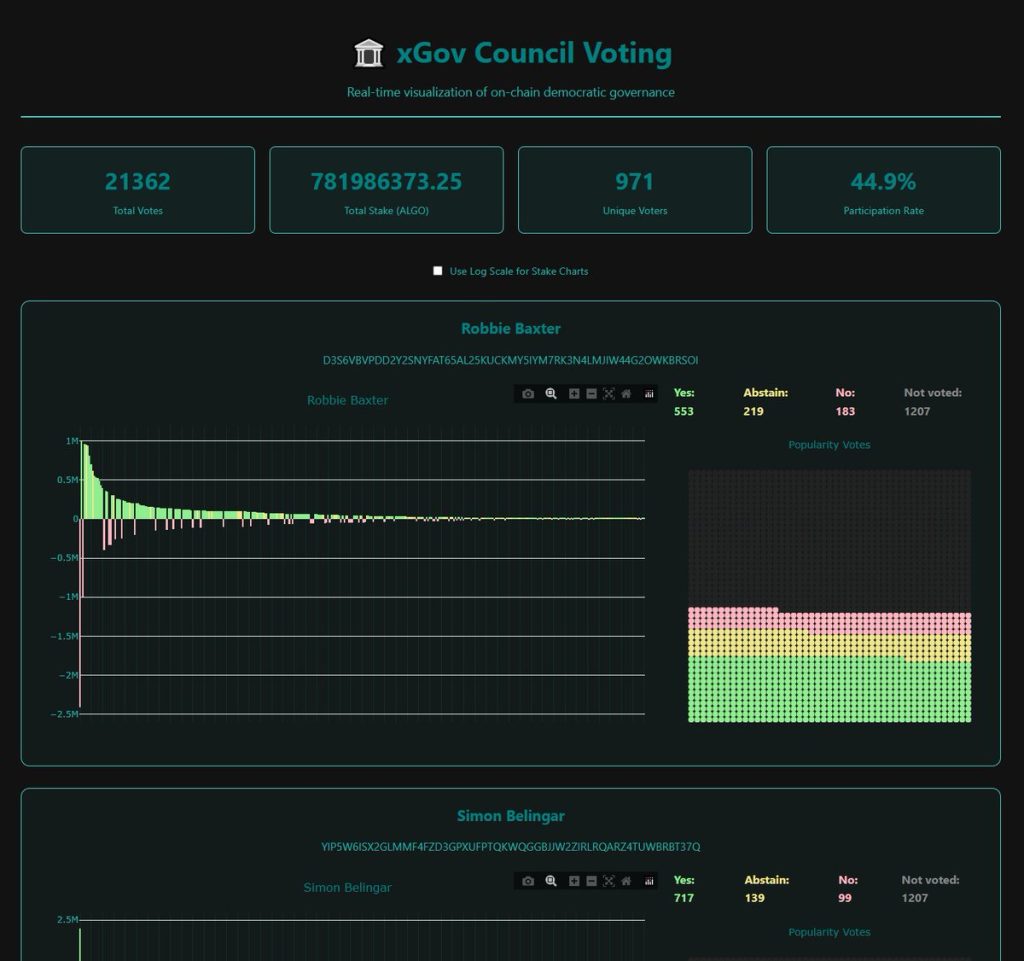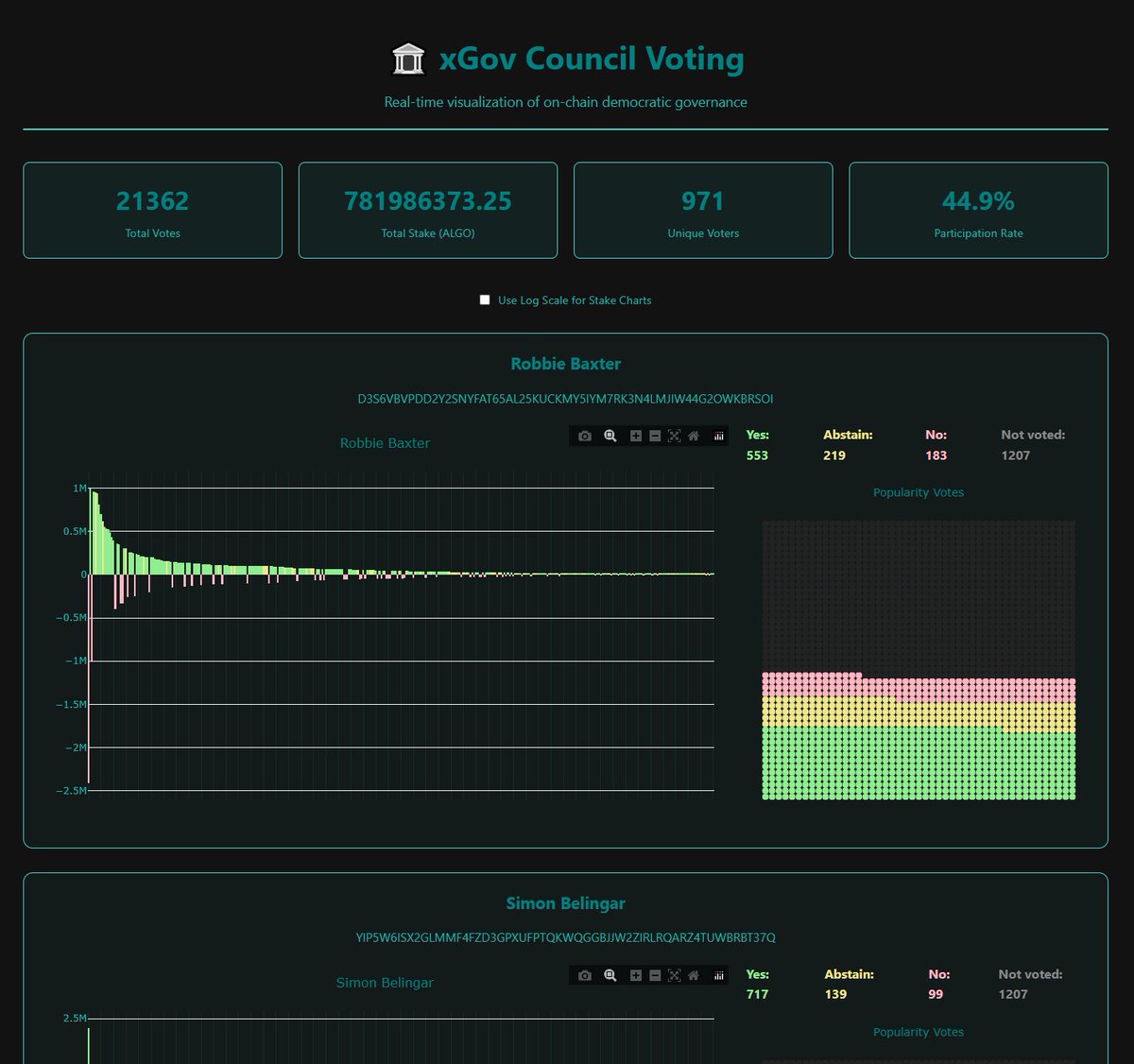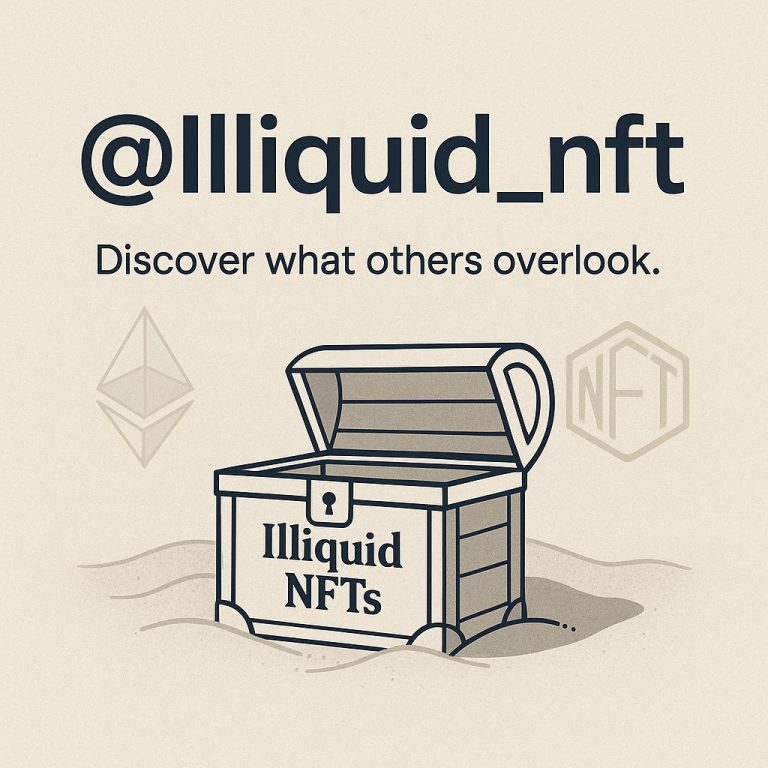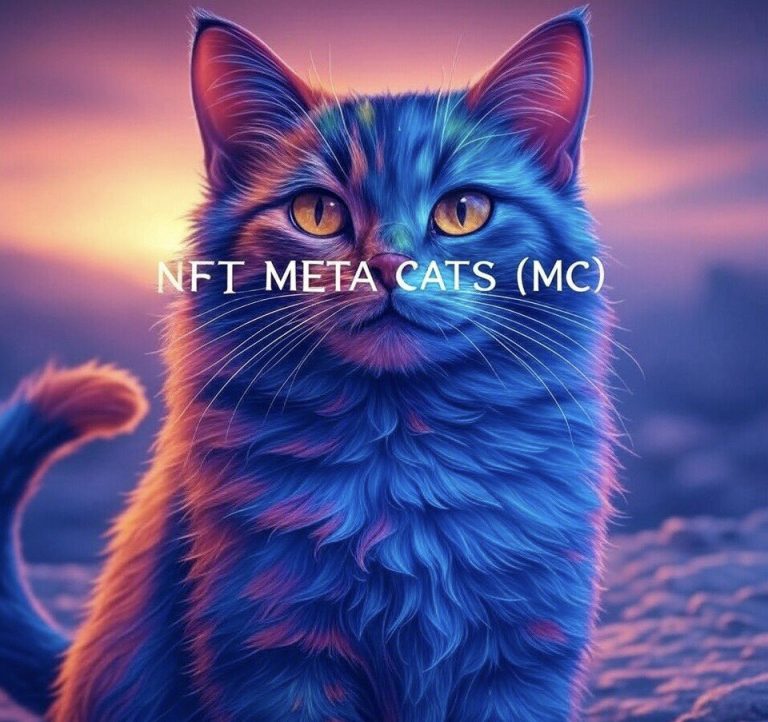
The Algorand Evolution: A Shift Towards Community Governance and Stake-Based Validation
The world of blockchain technology is in constant flux, a relentless pursuit of decentralization, security, and efficiency. Recent developments on the Algorand blockchain, spearheaded by developer “hampelman.algo,” signal a significant step forward in achieving these goals. A new update, announced on July 9th, 2025, introduces popularity voting and correct stake commitment – features designed to empower the Algorand community and refine the network’s consensus mechanism. This isn’t just a technical upgrade; it’s a philosophical shift, hinting at a future where user participation directly influences the health and direction of the blockchain. The developer’s playful commentary – “imagine if this was done by some real employed devs 😜” – underscores a spirit of independent innovation and a challenge to the conventional development landscape.
Understanding the Core Changes: Popularity Vote & Correct Stake Commit
At its heart, this update introduces two key functionalities. The “popularity vote” allows the Algorand community to express preferences, likely regarding proposals or features within the ecosystem. While the specifics of *what* is being voted on aren’t detailed in the initial announcement, the implication is a move towards more direct governance. Traditionally, blockchain governance often relies on complex on-chain voting systems tied to token holdings. A “popularity vote” suggests a potentially simpler, more accessible mechanism for gauging community sentiment. This could be particularly valuable for gauging interest in new projects, features, or even changes to the protocol itself.
The second component, “correct stake commit,” addresses the core of Algorand’s consensus mechanism – Pure Proof-of-Stake (PPoS). Algorand’s PPoS system relies on randomly selecting participants to propose and vote on blocks, weighted by the amount of Algo they hold. “Correct stake commit” likely refers to a refinement of this process, ensuring that participants are accurately representing their stake and contributing to the network’s security. Incorrect or malicious stake commitments could potentially disrupt the consensus process, so this feature is crucial for maintaining the integrity of the blockchain. It suggests a more robust system for verifying and validating stake participation.
The Significance of Community Governance in Blockchain
The inclusion of a popularity vote is particularly noteworthy. Blockchain’s promise of decentralization extends beyond just the technology; it encompasses the decision-making process. For too long, many blockchain projects have been heavily influenced by core development teams or venture capital firms. While expertise is vital, a truly decentralized system should empower its users to shape its future.
This move aligns with a growing trend in the blockchain space towards Decentralized Autonomous Organizations (DAOs). DAOs utilize smart contracts to automate governance, allowing token holders to vote on proposals and manage the project’s resources. While Algorand isn’t necessarily becoming a full-fledged DAO with this update, the popularity vote is a step in that direction. It’s a recognition that the community is a valuable source of insight and that their voices deserve to be heard.
The benefits of community governance are numerous. It can lead to more innovative solutions, as a wider range of perspectives are considered. It can also increase user engagement and foster a stronger sense of ownership within the ecosystem. Furthermore, it can help to mitigate the risk of centralized control and ensure that the project remains true to its original principles.
Refining Algorand’s PPoS: Security and Efficiency
Algorand’s Pure Proof-of-Stake (PPoS) consensus mechanism is a cornerstone of its design. Unlike Proof-of-Work (PoW) systems like Bitcoin, PPoS doesn’t require energy-intensive mining. Instead, it relies on participants staking their Algo tokens to validate transactions and secure the network. This makes Algorand significantly more energy-efficient and environmentally friendly.
The “correct stake commit” feature directly enhances the security and efficiency of PPoS. By ensuring accurate stake representation, the system becomes more resistant to attacks. A malicious actor attempting to manipulate the consensus process would need to accurately represent a significant stake, making such an attack far more costly and difficult.
Furthermore, accurate stake commitment contributes to a more fair and efficient selection process for block proposers and voters. If participants can accurately demonstrate their stake, the random selection process becomes more reliable, ensuring that the network is truly decentralized and that no single entity can exert undue influence. This refinement is a testament to the ongoing commitment to optimizing Algorand’s core technology.
The “Non-Dev That Devsps” Phenomenon: A New Breed of Builder
The developer behind this update, “hampelman.algo,” self-identifies as a “non-dev that devsps.” This is a fascinating commentary on the evolving landscape of blockchain development. Traditionally, building on blockchains required a deep understanding of computer science and software engineering. However, the emergence of user-friendly development tools and a vibrant open-source community is empowering individuals with diverse backgrounds to contribute to the ecosystem.
“Hampelman’s” story is inspiring. It demonstrates that you don’t need to be a seasoned programmer to make a meaningful impact on the blockchain space. The “devsps” moniker – likely a playful combination of “developer” and “devops” – suggests a focus on both building and deploying applications, highlighting a practical, hands-on approach to development.
This trend is particularly significant for Algorand. The platform has actively focused on developer experience, providing tools and resources to make it easier for individuals and organizations to build on the blockchain. The success of developers like “hampelman” is a validation of this strategy and a sign that Algorand is attracting a diverse and passionate community of builders. The developer’s pointed remark about “real employed devs” is a subtle critique of the often slow and bureaucratic pace of development in traditional tech companies, contrasting it with the agility and innovation of independent builders.
Looking Ahead: The Future of Algorand Governance
This update is not an endpoint, but rather a stepping stone towards a more decentralized and community-driven Algorand. The popularity vote is likely to evolve, potentially incorporating more sophisticated voting mechanisms and expanding the scope of issues that can be addressed. Further refinements to the PPoS consensus mechanism are also likely, as the network continues to scale and adapt to new challenges.
The success of this update will depend on community participation. Users need to actively engage with the popularity vote, providing feedback and shaping the future of the platform. Developers need to continue building innovative applications that leverage the new features and contribute to the growth of the ecosystem.
Algorand is positioning itself as a blockchain that prioritizes both technological innovation and community governance. This combination is crucial for long-term success in the rapidly evolving blockchain landscape. The playful spirit of developers like “hampelman.algo” and the commitment to empowering the community suggest a bright future for Algorand.
Sources:








